Charleston Currents #12.19 | March 23, 2020
CHILL OUT. Shoppers are going overboard in buying oversupplies of staples, such as rice, pasta, beans, eggs, meat, and, of course, toilet paper. Local, state and national officials are urging people to stop hoarding because there is enough food and supplies in the pipeline. Charleston Currents photo.
 TODAY’S FOCUS: Leaders say to stay home, stay distanced, stay safe
TODAY’S FOCUS: Leaders say to stay home, stay distanced, stay safe
COMMENTARY, Brack: New normal involves shared sacrifice for common good
IN THE SPOTLIGHT: Titan Termite & Pest Control
NEWS BRIEFS: Small businesses can apply for disaster loans for working capital
FEEDBACK: Hooray for South Carolina
MYSTERY PHOTO: Outdoor room with a view
CALENDAR: Take a look at some virtual events
Friends and readers,
 This coronavirus crisis is dealing a blow to everyone. But South Carolinians will get through it, just like we get through hurricanes and other disasters.
This coronavirus crisis is dealing a blow to everyone. But South Carolinians will get through it, just like we get through hurricanes and other disasters.
We’re proud to offer Charleston Currents for free. For more than a decade, it’s been a go-to place for good and interesting news and information about the Lowcountry. And we love it as much as you do.
But now, we can use your help. If you’ve been thinking of contributing to Charleston Currents over the years, now would be a great time to contribute as we deal with the crisis. In advance, thank you.
— Andy Brack, editor and publisher
Leaders say to stay home, stay distanced, stay safe
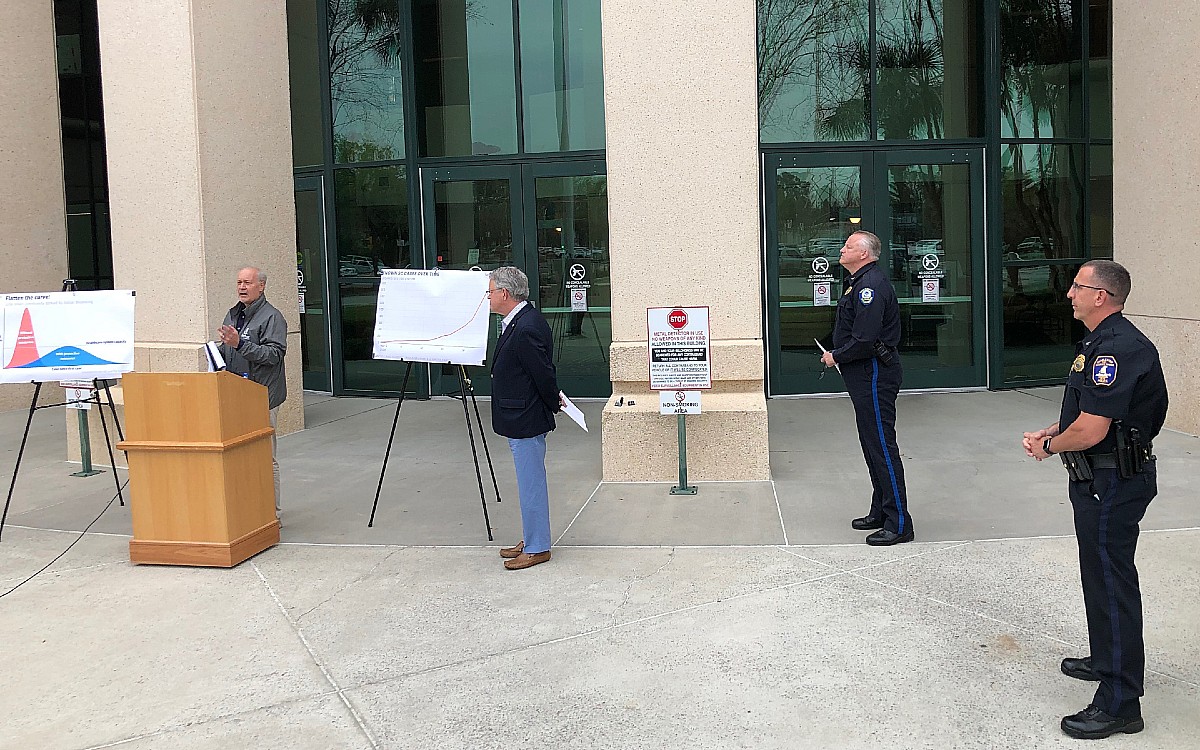
At left is Mount Pleasant Mayor Will Haynie at a Sunday press conference, flanked (and socially distanced) by Charleston Mayor John Tecklenburg, Mount Pleasant Police Chief Carl Ritchie and Charleston Police Chief Luther Reynolds. Photo provided.
Staff reports | City and county leaders strongly urged Charleston County residents to “stay home, stay distanced and stay safe” in the weeks ahead as the nation grapples with the coronavirus pandemic.
As of Sunday, 13 people in Charleston County tested positive for coronavirus, as well as two in Berkeley County and one in Dorchester County, according to state data. Across the state, 195 people tested positive for the virus, including 44 in Kershaw County.
“Doctors tell us that the uncontrolled spread of COVID-19 would be nothing less than a death sentence for thousands of our friends and family members right here in the Lowcountry,” Charleston Mayor John Tecklenburg said at a Sunday press conference. “And the only way to avoid that tragedy is for all of us to start following those three simple rules right now.”
Stay home: “If you don’t have an essential reason to go out, don’t go out. The life you save by avoiding that unnecessary trip could turn out to be yours or one of your loved ones.” the mayor said.
“And as difficult as this is to say to our already-suffering business owners, you as citizens have a critical role to play, too: If your business is not truly essential during this time, temporarily closing your doors or having your employees work from home now is a hard choice to make — but it’s infinitely better than the economic and social devastation that you and the rest of us will suffer if this virus gets out of control in our area.”
Stay distanced: “Practicing good social distancing when we have to go out for essential trips to the grocery store or the pharmacy is the best medicine we have to protect ourselves and each other.
Stay smart: “Wash your hands. Don’t buy all the toilet paper at the grocery store. Don’t believe every crazy Facebook rumor that’s floating around. And whatever you do, don’t go out if you have a cough and fever. That’s when you have to self-quarantine immediately and go to MUSC’s telehealth website at musc.care to get into the system for testing.”
Tecklenburg, joined by Mount Pleasant Mayor Will Haynie and representatives from North Charleston and Charleston County governments said the Lowcountry’s choice in the midst of the crisis was simple.
“If we follow these rules right now — if we stay home, stay distanced and stay smart — we can still avoid being a hotspot, like Italy or New York,” he said. “And if we don’t follow these rules, we can spend the next few months watching funerals online — literally, thousands of funerals — because we won’t be able to gather together even to say goodbye to our loved ones.”
As more people stay home to deal with the coronavirus crisis, people are looking for things to do. You can find some fun things to do online in our calendar section below, but let us also encourage you to FORWARD your issue of Charleston Currents to your friends and encourage them to subscribe. It’s got a great price, as you know: Free! We hope they’ll enjoy our coverage.
New normal involves shared sacrifice for common good
By Andy Brack, editor and publisher | For the record, I didn’t like the old normal. Too much of substandard education, social injustice, unbalanced tax structure and vitriolic politics.
 You can imagine what I think of this new normal, coronavirus. I dislike it more. People scared. Toilet paper hoarded. Businesses cratering. Politics, well that’s still vitriolic.
You can imagine what I think of this new normal, coronavirus. I dislike it more. People scared. Toilet paper hoarded. Businesses cratering. Politics, well that’s still vitriolic.
But let’s try to look for a silver lining. At least now, perhaps people are better understanding the notion of shared sacrifice and the common good.
The notion of common good is built into our country’s DNA. Our founding fathers wanted to shrug off an oppressive system and take control of our destiny through a democratic system powered by people. The underlying principle generally was that people, not a king, would decide how to do things, which would benefit the majority.
In challenging times for the common good, people were to give a little to save a lot down the road. Give some in taxes to build a road to benefit all. Give a little to provide for the common defense, education, good working conditions and economic infrastructure.
It’s all outlined in the U.S. Constitution, the preamble of which discusses forming a more perfect union to “establish Justice, insure domestic Tranquility, provide for the common defence, promote the general Welfare, and secure the Blessings of Liberty to ourselves and our Posterity.”
“Welfare” in this case doesn’t mean handouts by the government to people who are down on their luck. It means people in towns and villages across the country working together to accomplish common goals, or goods, to make their areas better for all.
“‘Promote the general Welfare’ to me means we provide the environment that promotes opportunity for success,” GOP Rep. Bill Herbkersman of Bluffton reflected in 2017.
The notion of common good has served America well. Early on, it created a national bank to boost industrialization. As farmers exploited the nation’s bounty, entrepreneurs built the nation’s infrastructure.
The common good, through Franklin Delano Roosevelt’s New Deal, whipped the Great Depression. The Greatest Generation sacrificed at home and abroad for the nation to win World War II. Then came long-delayed successes in civil rights that led to improvements across the nation to improve education and reduce poverty.
What followed wasn’t pretty. First was the “me generation” of the 1970s that fueled Wall Street’s greed. Unfortunately, we’ve created a financial system corrupted by income inequalities that are at the root of tearing our nation apart. Intertwined has been a divisive partisan fissure that has twisted the knives of politics into festering sores of race and class.
So in recent years, the whole notion of our duty for a common good has suffered. That’s why it’s heartening to see so many Americans self-isolating during the coronavirus crisis that’s slamming the nation. Yes, there’s a selfish reason for it — to not get the horrible COVID-19 disease. But there’s also a shared community benefit of being at home for a few weeks -so people won’t die in great numbers as with the flu pandemic of 1918.
Some say actions taken by local, state and national governments are out of line and going too far — that everyone is overreacting and you can’t assume what we’re doing now will have long-term gain. One Charleston man posted this to Facebook: “The response — crashing the global economy– is grossly disproportionate to the risk. We are not dealing with smallpox or the plague here.”
Most people argued with him and supported the shared sacrifice of staying at home and losing some money and jobs in an attempt to get past the impacts of the virus more quickly.
One Florida man observed, “The fact that many Americans are doing this is a sign of hope.” A New York pastor with ties to South Carolina added, “I am seeing a lot of people winnowing out the chaff in their lives. That and there are so many lessons to be gleaned. It is a shame that the pain threshold is so high before we start paying attention.”
Our grandparents and great-grandparents sacrificed for years to get through the Great Depression and World War II. We need to follow their example to get through this national crisis.
Andy Brack is the editor and publisher of Charleston Currents and Statehouse Report. Have a comment? Send to: editor@charlestoncurrents.com
Titan Termite & Pest Control
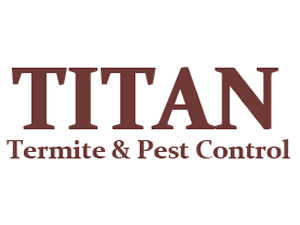 Titan Termite & Pest Control, headquartered in Charleston, is a full service residential, commercial and industrial pest control company serving South Carolina. It is a third-generation, family-owned company known for outstanding customer service. Each associate is dedicated to the customer and exhibits integrity and respect. Titan’s pest professionals can assist your commercial or residential location with general pest control, termite inspections, termite control, flea control, bed bug extermination, ant control and more. Titan Termite and Pest Control continues to set high standards so that its customers receive the best possible service. Titan’s technicians are knowledgeable of the latest in pest control techniques, which enables the company to customize effective treatment plans for every situation.
Titan Termite & Pest Control, headquartered in Charleston, is a full service residential, commercial and industrial pest control company serving South Carolina. It is a third-generation, family-owned company known for outstanding customer service. Each associate is dedicated to the customer and exhibits integrity and respect. Titan’s pest professionals can assist your commercial or residential location with general pest control, termite inspections, termite control, flea control, bed bug extermination, ant control and more. Titan Termite and Pest Control continues to set high standards so that its customers receive the best possible service. Titan’s technicians are knowledgeable of the latest in pest control techniques, which enables the company to customize effective treatment plans for every situation.
- Free estimate: 888-794-5603.
- Contact Titan online.
Small businesses can apply for disaster loans for capital
Staff reports | The U.S. Small Business Administration (SBA) announced last week that small businesses suffering substantial economic injury because of the coronavirus pandemic can apply for working capital through low-interest federal disaster loans.
“Small businesses, private non-profit organizations of any size, small agricultural cooperatives and small aquaculture enterprises that have been financially impacted as a direct result of the coronavirus (COVID-19) since Jan. 31, 2020, may qualify for Economic Injury Disaster Loans of up to $2 million to help meet financial obligations and operating expenses which could have been met had the disaster not occurred,” SBA Administrator Jovita Carranza said in a news release.
“These loans may be used to pay fixed debts, payroll, accounts payable and other bills that can’t be paid because of the disaster’s impact. Disaster loans can provide vital economic assistance to small businesses to help overcome the temporary loss of revenue they are experiencing.”
The interest rate is 3.75 percent for small businesses. The interest rate for private non-profit organizations is 2.75 percent. SBA offers loans with long-term repayments in order to keep payments affordable, up to a maximum of 30 years and are available to entities without the financial ability to offset the adverse impact without hardship.
- If interested, apply online. You can also receive additional disaster assistance information and download applications at https://disasterloan.sba.gov/ela. Applicants may also call SBA’s Customer Service Center at (800) 659-2955 or email disastercustomerservice@sba.gov for more information on SBA disaster assistance.
The deadline to apply for an Economic Injury Disaster Loan is Dec. 21, 2020. For more information about available SBA resources and services, please visit: SBA.gov/coronavirus.
A March 17 disaster declaration by Gov. Henry McMaster makes SBA assistance available for businesses in the whole state.
In other recent news:
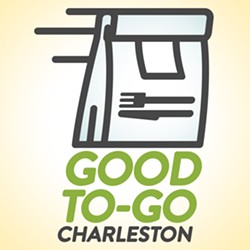 Good to Go: Sister publication Charleston City Paper offers a great list of more than 200 area restaurants that are offering take out and delivery options to try to stay open during the coronavirus pandemic. Take a look — and give them some business if you can.
Good to Go: Sister publication Charleston City Paper offers a great list of more than 200 area restaurants that are offering take out and delivery options to try to stay open during the coronavirus pandemic. Take a look — and give them some business if you can.
State budget revenue forecast in limbo. Among the many unknowns about the coronavirus pandemic, one thing has become clear: the state’s budget is not going to be the $10 billion package passed by the House just 10 days ago.
“We are in new times and the only thing we know is that the financial reality of two weeks ago no longer exists,” Senate Finance Committee member Vincent Sheheen told sister publication Statehouse Report late last week. “Under any circumstance, the big projected ($1.8 billion) surplus is no longer here anymore.”
As uncertainty grows for public health and the economy, the state Senate gave second reading this week to a continuing budget resolution, teeing it up for a single vote in both chambers to keep government lights on after June 30. But lawmakers want a real, responsive budget. They are grappling with the question of how hard and how long the pandemic will roil the economy and disrupt state revenues.
The S.C. Revenue and Fiscal Affairs Office’s Board of Economic Advisors will meet April 9 to talk about potential impacts. The meeting will provide the results of a financial stress test that will guide the Senate’s budget process.
Uninsured face disproportionate impact. One in 10 South Carolinians are without health insurance as the state runs into a growing crisis with the coronavirus. S.C. cases of the coronavirus are reported at 195 as of Sunday afternoon. As many as 12 percent of reported cases could result in hospitalization, according to the Centers for Disease Control.
The uninsured could face life-altering debt if hospitalized, and they could unknowingly spread the disease if they continue to work and do not seek medical care due to finances, Palmetto Project Director of Programs Shelli Quenga said. Read more. At the end of 2019, the state’s uninsured were tabulated at 522,000.
- Have a comment? Send to: editor@charlestoncurrents.com
Hooray for South Carolina
![]() If you have read Andy Brack’s “ We Can Do Better, South Carolina,” you will understand where I am coming from.
If you have read Andy Brack’s “ We Can Do Better, South Carolina,” you will understand where I am coming from.
Our history is not one of fast movement towards positive goals. It is not our tradition to blame folks for moving so slowly. It is also our tradition not to really praise folks for doing excellent things.
It is my pleasure to compliment our state for the phenomenal thing that happened just recently in the Democratic primary. (I am a Republican who does not meddle in the other party’s doings.)
Just prior to the election, U.S. Rep. James Clyburn, now the Majority Whip in the House, spoke on supporting Joe Biden. He said that the most important thing was not that we know him, but that he knows us.
The vote in South Carolina was a harbinger of what was to come in other states. Biden won most of them by very large margins. He even won Washington state where Sanders was heavily favored. Despite what happens next with the coronavirus, South Carolina has changed presidential politics for the entire country.
What does that mean for South Carolina? It sets us apart from others as a forward-thinking group of people. That does not mean that we will solve all of our problems. But let us not forget what just happened. We have affected the entire United States of America.
— Arnold Hillman, Bluffton, S.C.
Amen to your debate comments
To the editor:
Amen and amen to your comments about recent debate in Charleston! It was such a waste of time for everyone involved. The moderators certainly did not enforce any of the rules stated upfront, and allowed the “debate” to fall into chaos from the start. I recall recently deceased Jim Lehrer, who was a skilled moderator of debates, able to obtain useful information from candidates while still maintaining a sense of propriety and calm.
— Freida McDuffie, Charleston
Got something to say? Let us know by mail or email
We’d love to get your impact in one or more ways:
Send us a letter: We love hearing from readers. Comments are limited to 250 words or less. Please include your name and contact information. Send your letters to: editor@charlestoncurrents.com. | Read our feedback policy.
Tell us what you love about the Lowcountry. Send a short comment – 100 words to 150 words – that describes something you really enjoy about the Lowcountry. It can be big or small. It can be a place, a thing or something you see. It might be the bakery where you get a morning croissant or a business or government entity doing a good job. We’ll highlight your entry in a coming issue of Charleston Currents. We look forward to hearing from you.
Outdoor room with a view
This looks like a nice, relaxing spot, but where is this photo taken from? For bonus points, why might it be relevant in today’s issue? Send your best guess to editor@charlestoncurrents.com. And don’t forget to include your name and the town in which you live.
 Our last Mystery Photo, “White flower among azaleas,” proved to be more difficult than we expected. It showed the white flower of a wild blackberry growing between azalea leaves. (We believe it is actually a dewberry, a type of blackberry. The berries — if you can get them before the birds snatch them — tend to be smaller and sweeter than traditional blackberries and they bear fruit sooner.)
Our last Mystery Photo, “White flower among azaleas,” proved to be more difficult than we expected. It showed the white flower of a wild blackberry growing between azalea leaves. (We believe it is actually a dewberry, a type of blackberry. The berries — if you can get them before the birds snatch them — tend to be smaller and sweeter than traditional blackberries and they bear fruit sooner.)
We got all sorts of other guesses for the berry’s flower, from specialty roses to dogwood. Three readers — Bruce Jayne of Saluda, N.C., Carol Ann Smalley of Charleston and April Gordon — pegged the flower as that of a dewberry. Jayne wrote: “The blossom appears to be a dewberry, a cousin to the blackberry which grows on a low-lying vine, and blooms earlier. There appear to be some berries forming to the right of the bloom.” Gordon added, “It’s a dewberry, a ground version of blackberries that blooms this time of year.”
Congratulations also to these readers who said the flower was of a blackberry: Jay Altman of Columbia; Kristina Wheeler of Charleston; and George Graf of Palmyra, Va.
- Send us a mystery: If you have a photo that you believe will stump readers, send it along (but make sure to tell us what it is because it may stump us too!) Send it along to editor@charlestoncurrents.com.
Online events featured
![]() We’re suspending the in-person event calendar for the time being to encourage people to stay home and stay safe during the coronavirus crisis. We do, however, offer some online virtual events that you might want to consider.
We’re suspending the in-person event calendar for the time being to encourage people to stay home and stay safe during the coronavirus crisis. We do, however, offer some online virtual events that you might want to consider.
If you have any online events, drop us a line (editor@charlestoncurrents.com) and make sure to put “Online event” in the subject line. Similarly, if you’ve got cool ideas for stuff to do while in isolation at home, send them our way.
Online jazz: Forte Jazz Lounge in downtown Charleston is offering music enthusiasts the chance to watch live shows online through virtual ticketing with suggested donations of $10. The feed starts about 15 minutes before shows. When the virus scare is done, all donors will be invited to a big party blowout at the club with the Joe Clarke Big Band. Learn more.
Aquarium online. The S.C. Aquarium is expected to offer a daily Nature Challenge, a virtual “Passport to Fun” and a “Moment of Zen” starting this week online. It also offers daily education classes at 10 a.m. and 2 p.m., Monday to Friday, via its virtual network. Learn more.
Virtual museums. You can visit 500 museums across the world online through this Google amalgamation of sites. Locally:
- Charleston Museum. “The Charleston Museum and its Historic Houses will have a variety of content, lessons, videos, and virtual tours during this uncertain time, as long as we are able while following CDC recommendations and orders from State officials.” Three programs are set online for 2 p.m. Tuesday, Wednesday and Thursday. More online.
- Gibbes Museum. You can enjoy lots of local art offerings through the website and social media accounts of the Gibbes Museum. Find more online.
If you like what you’ve been reading, how about considering a contribution so that we can continue to provide you with good news about Charleston and the Lowcountry. Interested? Just click the image below.
OUR UNDERWRITERS
Charleston Currents is an underwriter-supported weekly online journal of good news about the Charleston area and Lowcountry of South Carolina.
- Meet our underwriters
- To learn more about how your organization or business can benefit, click here to contact us. Or give us a holler on the phone at: 843.670.3996.
OUR TEAM
Charleston Currents offers insightful community comment and good news on events each week. It cuts through the information clutter to offer the best of what’s happening locally.
- Mailing address: 1316 Rutledge Avenue | Charleston, SC 29403
- Phone: 843.670.3996
Charleston Currents is provided to you weekly by:
- Editor and publisher: Andy Brack, 843.670.3996
- Contributing editor, common good, Fred Palm
- Contributing editor, money: Kyra Morris
- Contributing editor, Palmetto Poem: Marjory Wentworth
- Contributing editor, real estate: Digit Matheny
- Contributing photographer: Rob Byko
SUBSCRIBE FOR FREE
Subscriptions to Charleston Currents are free.
- Click here to subscribe.
- Unsubscribe. We don’t want to lose you as a reader of Charleston Currents, but if you must unsubscribe, you will have to do it through the email edition you receive. Just go to the bottom of any of your weekly newsletters and click the “unsubscribe” function. If that doesn’t work, please send us an email with the word “unsubscribe” in the subject line.
- © 2008-2020, City Paper Publishing, LLC. All rights reserved. Charleston Currents is published every Monday by City Paper Publishing LLC, 1316 Rutledge Ave., Charleston, SC 29403.


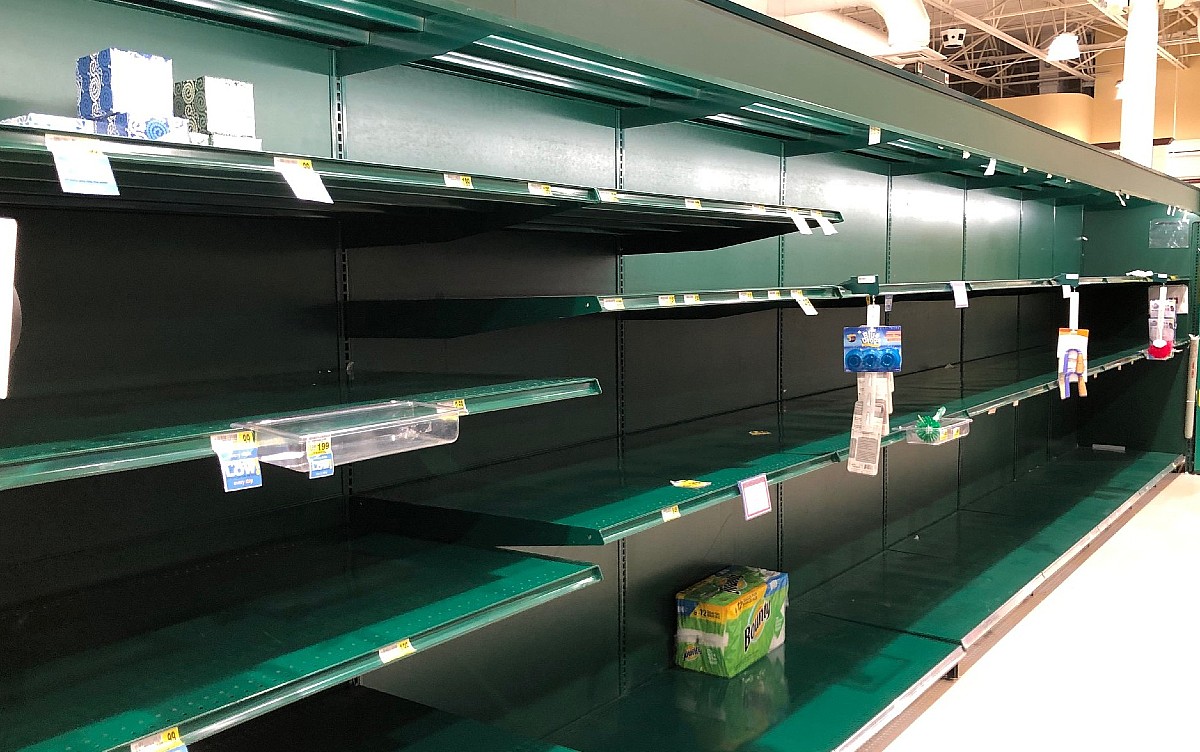
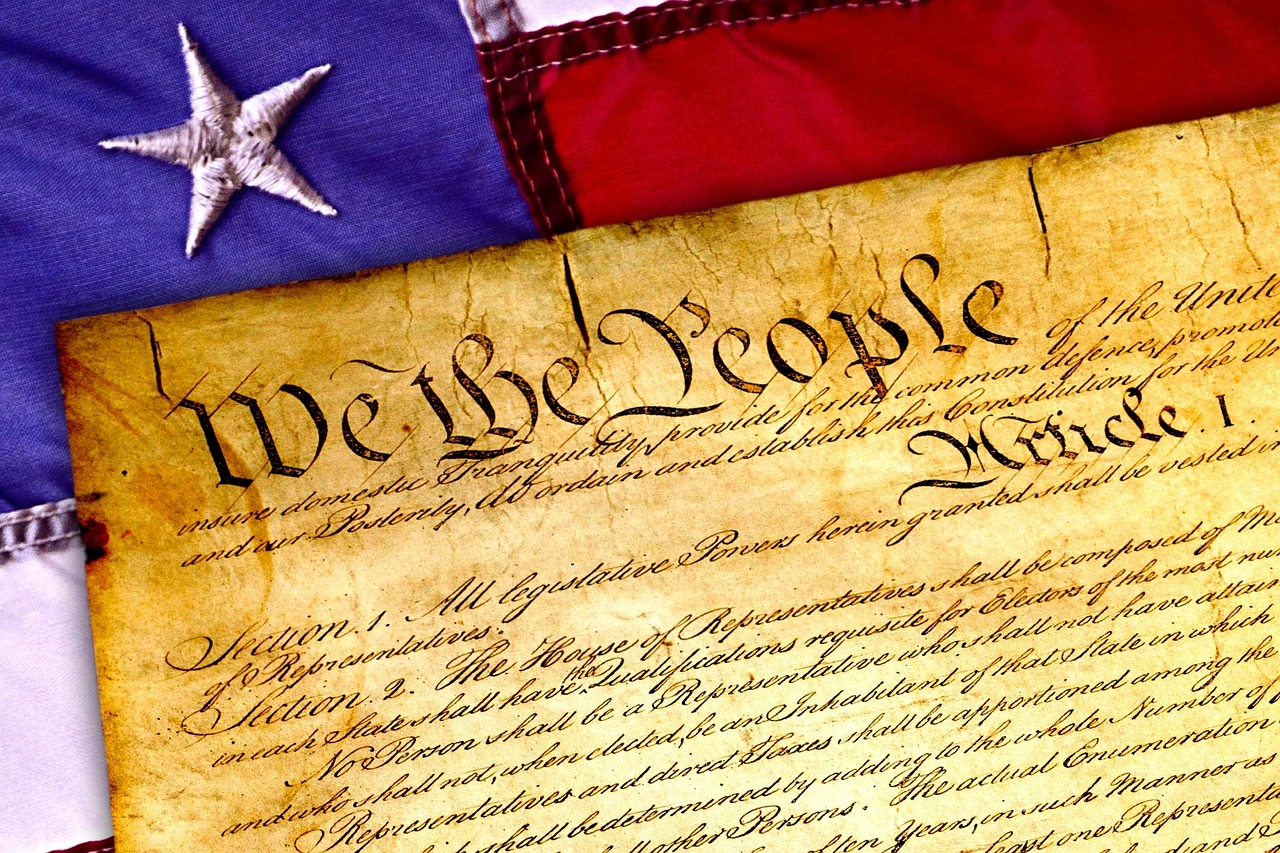
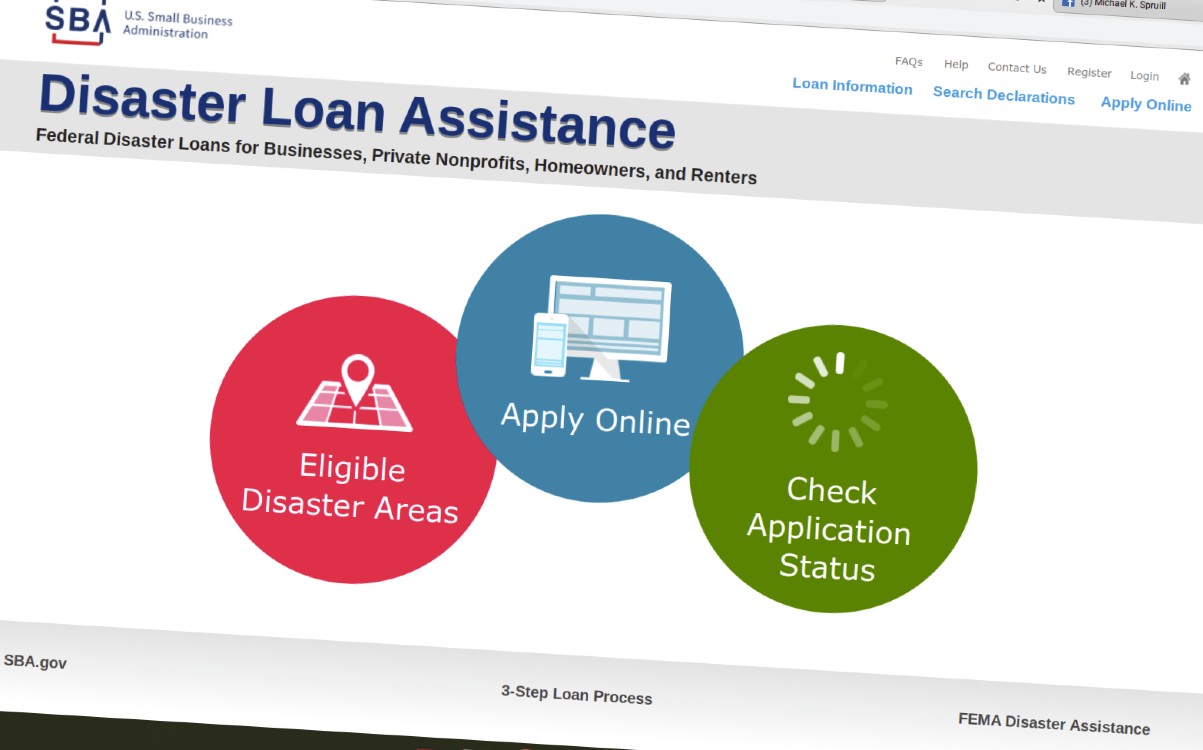
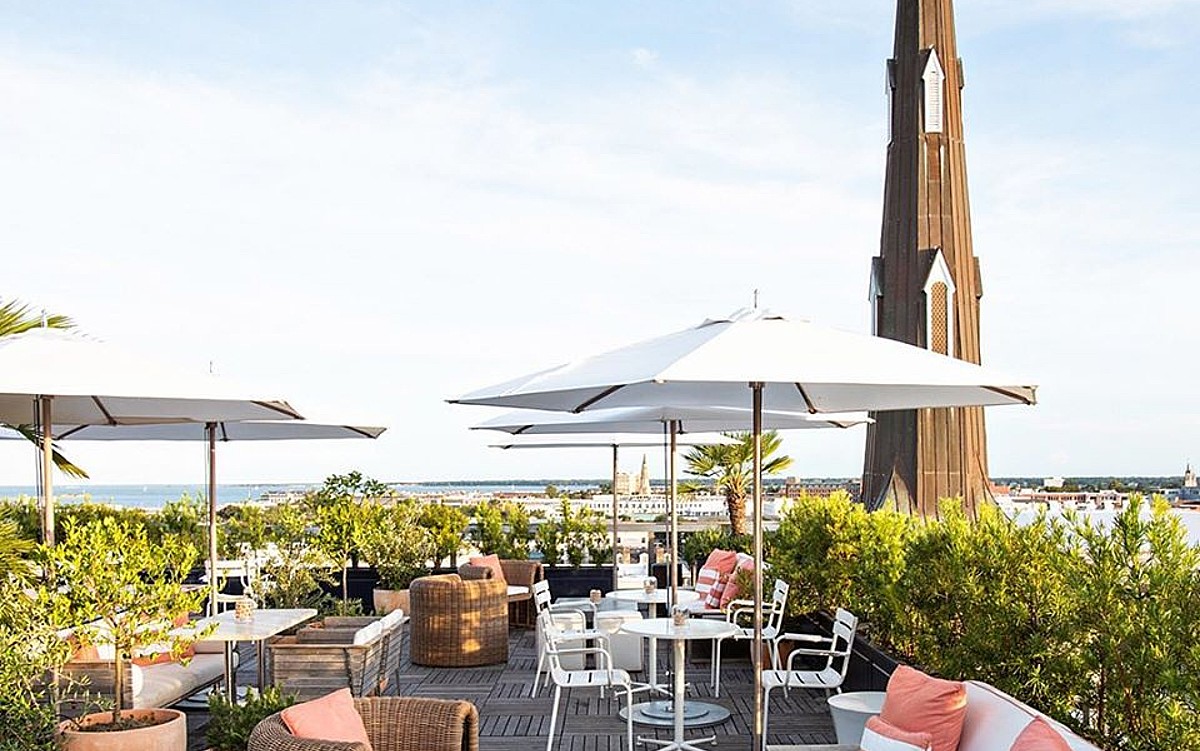

 We Can Do Better, South Carolina!
We Can Do Better, South Carolina!























